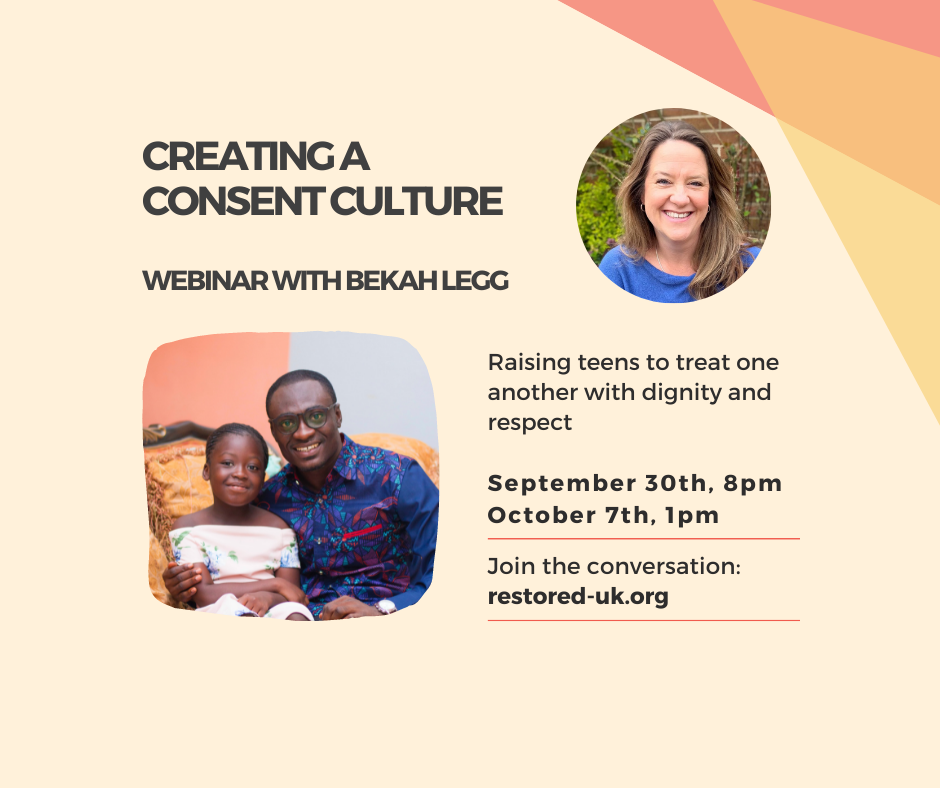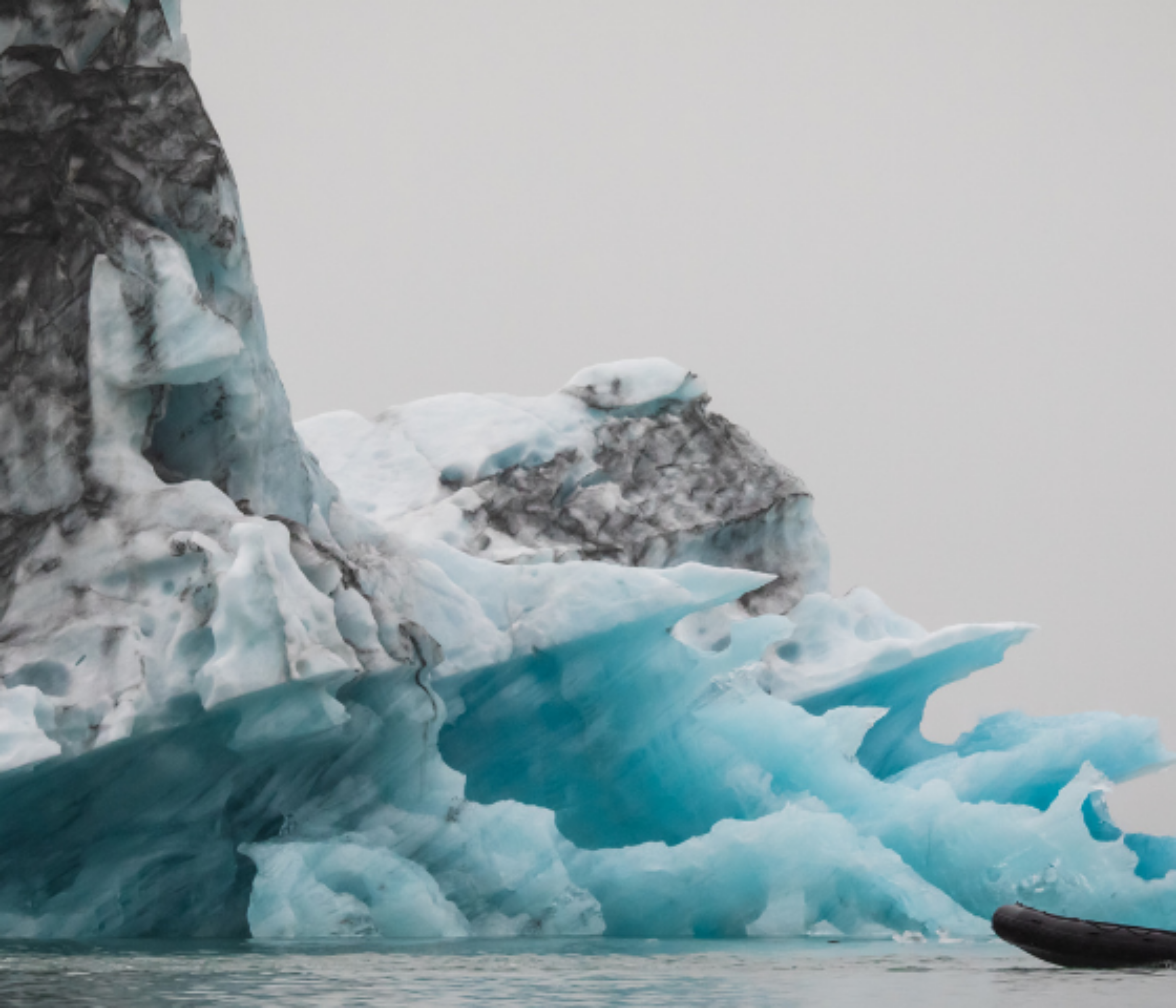On Monday 6th September Panorama aired a programme called ‘Who’s protecting our kids?’ It highlighted the levels of sexual assault happening in our schools and revealed that the number of reports of children sexually abusing other children doubled in the two years to 2019.
When you add that information to the Ofsted report that came out in June 2021, which clearly stated that there is a rape culture in our secondary schools, it can feel pretty terrifying to wave your child off at the start of a new term.
It’s especially frightening if you have daughters. Some boys are the victims, but an overwhelming majority of the cases reported involved boys abusing girls. It is a gendered issue; girls are disproportionately affected.
— Bekah Legg —
Dr Rebekah Eglinton, chief psychologist for the Independent Inquiry into Child Sexual Abuse, said unwanted touching, as well as being pressured into sharing nude photos, had become a part of everyday life for children “to the point where they wouldn’t bother reporting it”.
That’s what creates the rape culture the Ofsted report referred to – it’s a normalisation of sexual violence. It has become an expected part of life, and is somehow tolerated and minimised because the culture says it’s how things are, and you shouldn’t make a fuss.
It’s hard to believe that it’s true. But as horrified by the reports as I am, I’m not shocked.
I’m the mother of five girls – the youngest of whom has just finished sixth form. I’ve had a house full of teenage hormones, emotions and stories for over a decade. I used to be a secondary teacher, and a youth worker and I worked with a local Rape Crisis centre delivering workshops on relationships and consent across the county and supporting teenage survivors of sexual abuse.
The figures and the conclusions in these reports don’t surprise me. In fact I think they represent the tip of the iceberg.
— Bekah Legg —
I used to sit on my local Police Rape Prevention Steering group and every year we looked at the same statistics – the age group most likely to be sexually assaulted or raped was aged 16-18. House parties were one of the big culprits and the week that the cases were worst? Prom week. It’s heartbreaking.
It made me a Mum who knew too much and it made me a Mum who made time for the awkward conversations about staying safe, knowing your worth and sticking up for yourself. It meant I was determined to hold my cool so that they knew they could always tell me if something was wrong.
And still I worried. I was right to; there was a real risk, but I couldn’t lock them up in a tower away from harm until Prince Charming came along, I needed to teach them to look after themselves and out for each other.
Police figures show that reports of abuse went from 7,866 reports in the year from April 2016 to March 2017, to 16,102 in 2018-19. I don’t think that means the amount of abuse doubled – I think that contrary to appearances, it’s good news. I think it means that our young people, our daughters, are beginning to believe they can speak up about what is going on, it means that schools and the police are taking it seriously.
But it does mean it’s happening far too often. Something needs to be done.
Something needs to be done about pornography and the devastating imapact that has had on our young people. Something needs to be done about social media and the ease with which inappropriate content can be shared. Something needs to be done about the education our kids get in schools and the way pastoral systems respond to allegations of abuse.
— Bekah Legg —
They are big things that we can’t change on our own, but the truth is the biggest influence on our children is us. As parents, it’s easy to negate the ability we have to shape and support our children, but it’s us they spend the most time with. We can equip our daughters with tools that will help them to stay safe and we can raise our boys to be part of the solution and not part of the problem.
But only if we get intentional about it. Children are never too young to start learning lessons and values that will shape their character, beliefs and behaviours for the rest of their lives. Healthy boundaries, respect for others and delayed gratification are about more than just sex, but if you can instill those values in your children young, they’ll apply them in every arena of their lives.
I’ve taken some of what I’ve learned working with young people over the last 20 years and created a workshop for parents called Reclaiming Our Families. It looks at how we can have the awkward conversations, encourage healthy boundaries and values even when our children are tiny, equipping our sons and daughters to thrive in a difficult world.


